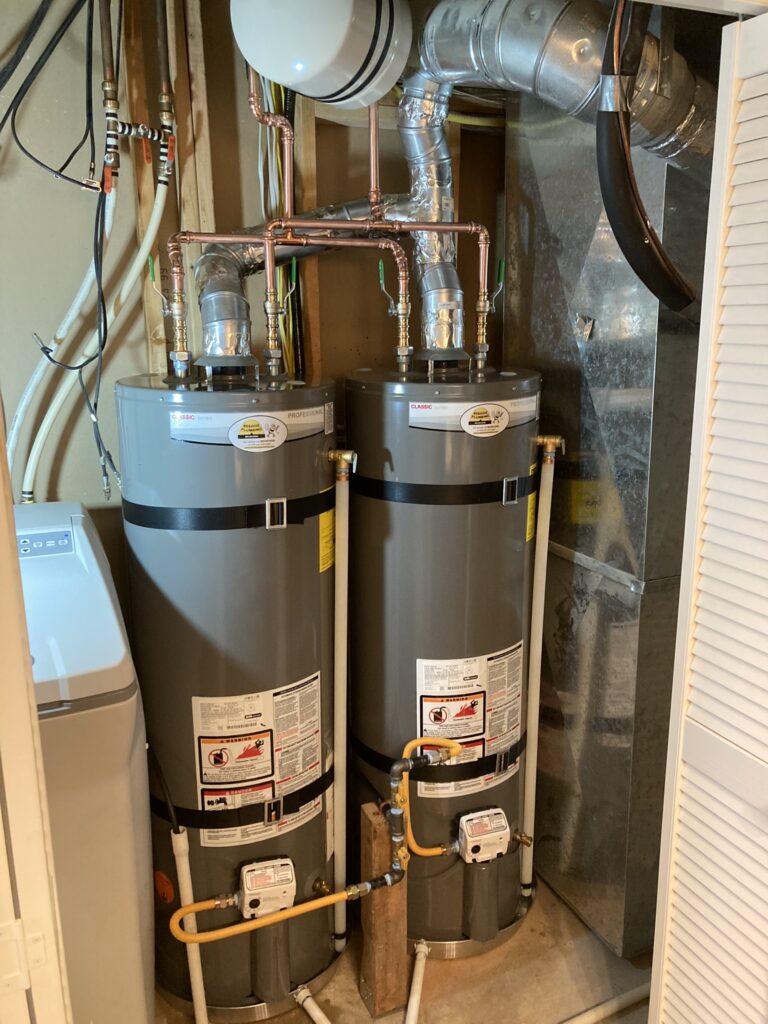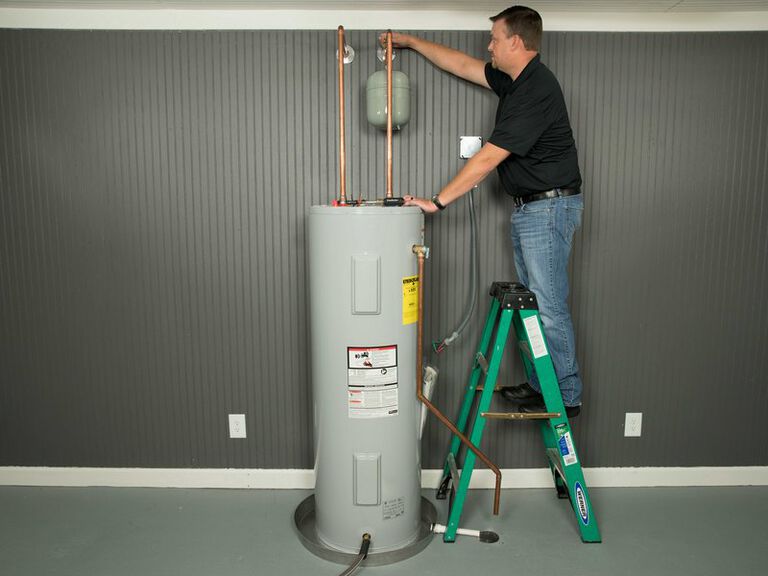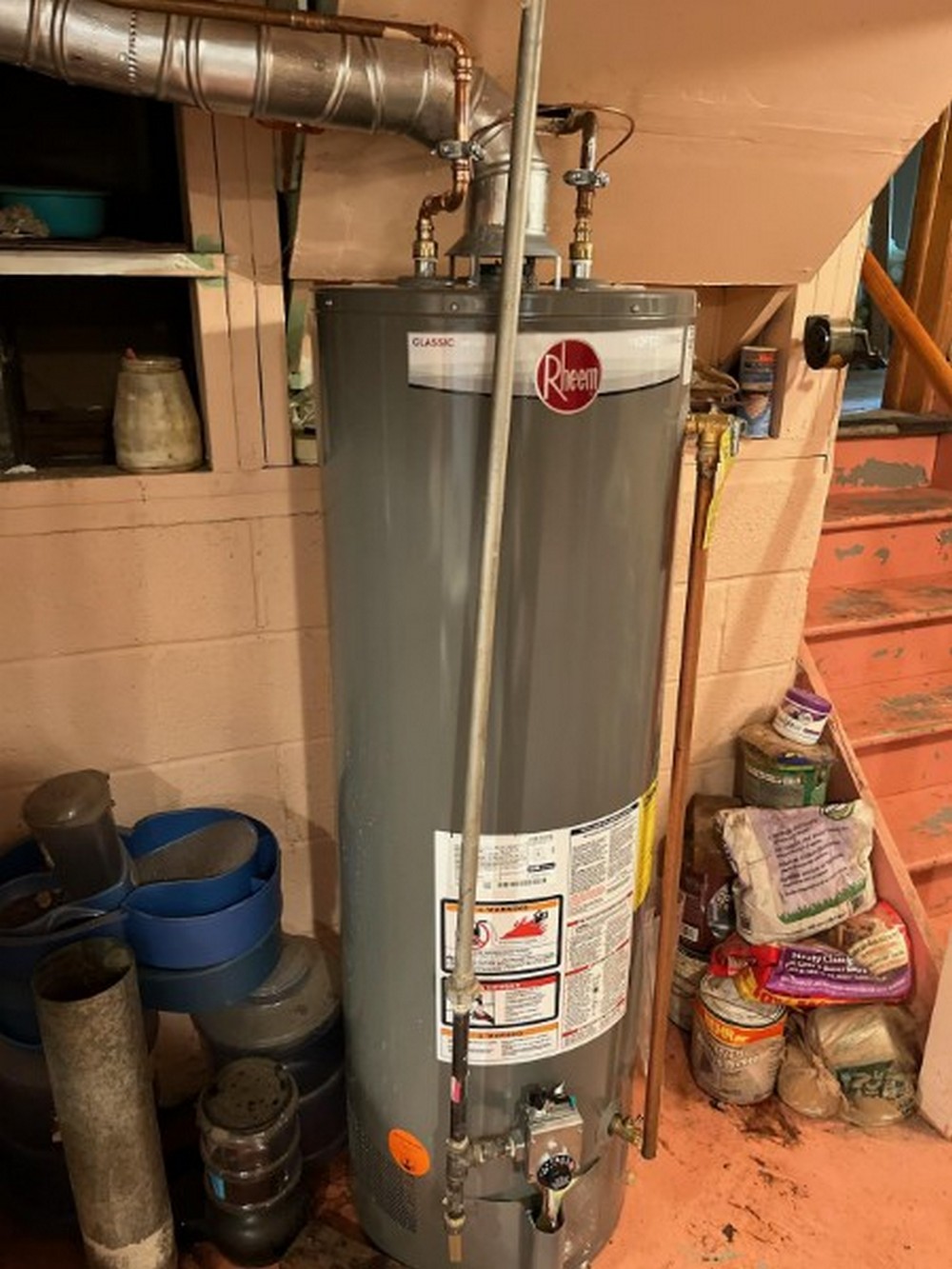Certified Gas Leak Repair for Your Protection and Security
Certified Gas Leak Repair for Your Protection and Security
Blog Article
Full Guide to Water Heating UnitInstallment and Substitute
Comprehending the details of hot water heater installment and substitute is essential for house owners looking for to make certain efficiency and dependability in their warm water supply. From picking the ideal kind and size to performing a seamless installation procedure, several elements should be taken into consideration to stay clear of usual pitfalls. This guide will give you with the necessary actions and understandings to browse the complexities of this home improvement task, while also stressing crucial upkeep methods that can prolong the life of your system. As you explore these aspects, you might locate on your own reassessing your current setup and determining areas for improvement.
Sorts Of Water Heating Systems
When thinking about water heating unit installation and substitute, it is vital to recognize the different types of water heating systems available on the market. The most usual types include container hot water heater, tankless hot water heater, heat pump water heating systems, and solar hot water heater.
Tank hot water heater are conventional systems that save a certain volume of warm water, making them readily offered when needed. They are usually cheaper in advance but might sustain higher energy expenses over time due to warm loss. On the other hand, tankless hot water heater give hot water on demand, getting rid of the need for storage. They are energy reliable and can save space, but their first costs are usually greater.
Warm pump hot water heater utilize power to transfer heat from the air or ground to warm water, supplying significant energy cost savings but calling for more space and particular setup problems. Solar water heating units harness solar power to warmth water, giving a green alternative with potential lasting price financial savings, although they usually call for a back-up system for over cast days.
Comprehending these alternatives makes sure notified decisions pertaining to installment and replacement, accommodating details demands and preferences.
Choosing the Right Dimension
Choosing the appropriate dimension for a water heating unit is essential to ensure optimum performance and performance. A system that is too little will have a hard time to meet household needs, leading to irregular hot water availability and enhanced power usage. On the other hand, an oversized hot water heater can result in unneeded energy waste and greater energy expenses.
To determine the right dimension, consider the family's height warm water use. This can be determined based upon the number of passengers and their typical warm water needs. A household of 4 might need a water heating system with a capacity of 50 to 80 gallons, depending on the usage patterns, such as synchronised showers and washing.
Additionally, examine the recuperation rate, which determines exactly how promptly a heater can renew warm water after it has been used. For tankless designs, concentrate on the circulation price, gauged in gallons per min (GPM), to ensure it satisfies the family's synchronised need.

Setup Process Overview

Next, the old device needs to be disconnected and gotten rid of, making sure to follow neighborhood codes and policies regarding disposal. When the old unit is out, the brand-new hot water heater can be placed in location. This action includes attaching the supply of water lines, ensuring that all installations are secure and leak-free.
After establishing water connections, it's vital to attach the power supply, whether electric or gas, adhering to the producer's instructions meticulously. Once all links are made, the system must be loaded with water, and the power can be transformed back on. Lastly, it is very important to inspect for leakages and guarantee the hot water heater is functioning correctly prior to completing the setup procedure.
Common Installation Errors

One more frequent error is neglecting to comply with neighborhood codes and guidelines. Failing to stick to these criteria can not only bring about safety dangers but might additionally lead to costly penalties or the need for expensive link reinstallation. In addition, incorrect venting is an important issue. Insufficient air flow can cause unsafe gas buildup, presenting significant health dangers.
Stopping working to secure links or making use of the wrong type of installations can lead to leaks and water damage. By staying clear of these typical installation blunders, house owners can ensure their water heater runs safely and successfully, making best use of performance and longevity.
Upkeep Tips for Durability
Correct upkeep of a hot water heater is essential for its long life and optimal efficiency. Regular inspections and maintenance can stop pricey repair work and expand the home appliance's life-span. Begin by checking the temperature setup; it should commonly be established between 120 ° F and 140 ° F for optimal power efficiency and security.
Every 6 months, flush the container to remove debris buildup, which can hinder home heating effectiveness and create corrosion. To do this, shut off the heater, link a tube to the drain valve, and allow the water run until it is clear.
Anode rods need to be examined every year and changed when they are corroded. These rods assist stop container corrosion by drawing in harsh components in the water.
Additionally, examine the pressure safety valve consistently to ensure it is working properly. This shutoff is essential for avoiding extreme stress build-up within the tank.
Lastly, think about arranging a specialist upkeep check every couple of years for thorough inspections and servicing. By adhering to these maintenance suggestions, property owners can substantially improve the effectiveness, security, and life Learn More Here expectancy of their hot water heater, making certain trusted warm water for several years ahead.
Verdict
In verdict, correct installment and upkeep of water heating units are important for making certain effectiveness and longevity. By understanding these vital aspects, house owners can attain a trusted warm water supply while lessening potential problems associated to water heating unit operation.
Comprehending the details of water heater installation and substitute is essential for property owners looking for to make sure effectiveness and dependability in their warm water supply.Container water heaters are standard systems that store a particular volume of warm water, see making them easily offered when required. In comparison, tankless water heaters supply hot water on demand, getting rid of the need for storage space. Picking a water heating unit that is either also tiny or too huge can lead to inefficiencies, resulting in inadequate hot water supply or extreme power intake.
By understanding these crucial elements, house owners can achieve a trusted warm water supply while minimizing potential issues related to water heating system procedure. water heater installation.
Report this page